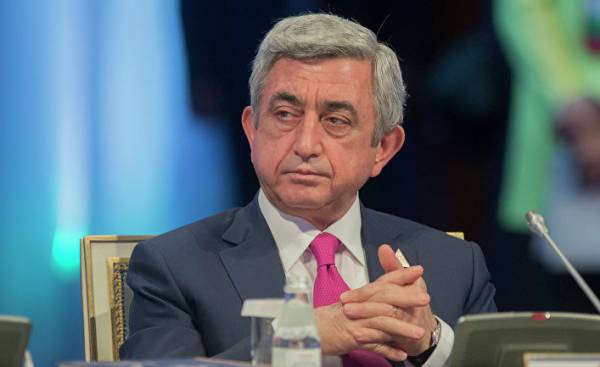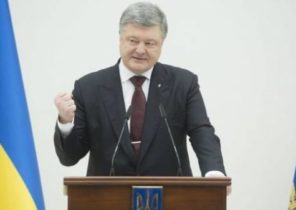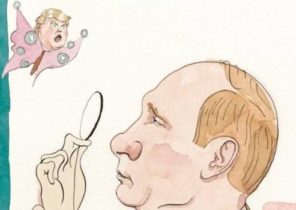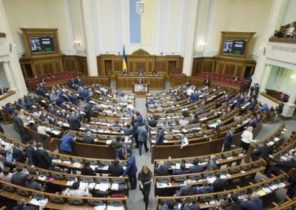
The Russian government banned the trade of certain goods imported from EEU member countries. Under the ban can get the goods that are imported to the EEU countries from third countries according to rules different from those specified in the EEU and Russia. It is, in particular, on the goods in respect of which in other EEU countries are low import duties, as well as “any other category of goods determined by decree of the President of Russia.”
The purpose of the document is a ban on the sale of goods from countries the world trade organization (WTO) coming into Russia through the territory of the EAEU, as well as the sanctions of the goods. Now trading conditions in Russia (membership in WTO, sanctions and counter-sanctions, restrictions against Ukraine and Turkey) are not consistent with the trading conditions of other countries of the EEU.
In other words, Russia cancels the principle of “free movement of goods” for the EEU, which, in theory, is the cornerstone of the Eurasian Union. It can be argued that the adoption of this decision will put an end to the project of the Eurasian Union.
Experts point out that this project was initially stillborn, however, some time was supported by an aggressive political PR. A significant role in promoting the EEU plays Armenia. Former Prime Minister of Armenia Tigran Sargsyan was appointed head of Eurasian economic Commission, travels around the world and encourages them to cooperate with the EEU. In addition, Armenia builds its foreign economic activities only as a member of the EEU and not as a sovereign country. Although other EEU countries firmly defend its interests, Armenia somehow stands ready to become the bridge between Iran and the EEU, and between the EU and the EAEC.
Russia’s decision will affect not only Belarus and Kazakhstan, what the experts say, but also on Armenia. There is an opinion, the recent sharp increase of foreign trade turnover of Armenia and Russia were built including the illegal transit or acquiring through Armenia banned in Russia for Turkish products. If Russia will ban transit, foreign trade turnover of Armenia may be greatly reduced.
In fact, Russia prohibits the free movement of the EAEU goods from countries which Russia has strained political relations. Whether, for example, Armenia to prohibit the circulation in the EEU goods, say, Azerbaijan production?
The Eurasian economic Union, as well as a military Alliance, the CSTO is gradually appear in all its ugly nakedness. And the most shameful place is, perhaps, Armenia, which for some reason became the flagship of the Pro-Russian unions. In private conversations, the Armenian officials acknowledge that the EAEU is the iron curtain for Armenia, but on the official level in Armenia offers nothing as a sovereign country, outside of the EEU.
Just recently in Berlin hosted Armenian-German business forum, which discussed possible investments in Armenia. The influential Deutsche Welle has published a lengthy article that noted that Armenia may be of interest to German investors as a market and as a testing ground “for testing relations with the EEU”. But since neither the EU nor the others have with the EEU agreements and contracts (except Vietnam), the German business will think twice before investing in Armenia.
Soon there will be a visit to Brussels, Serzh Sargsyan, in which can be signed a new Framework agreement between the EU and Armenia. Will Armenia sign the agreement as a sovereign country, or, again, think about the EEU?







